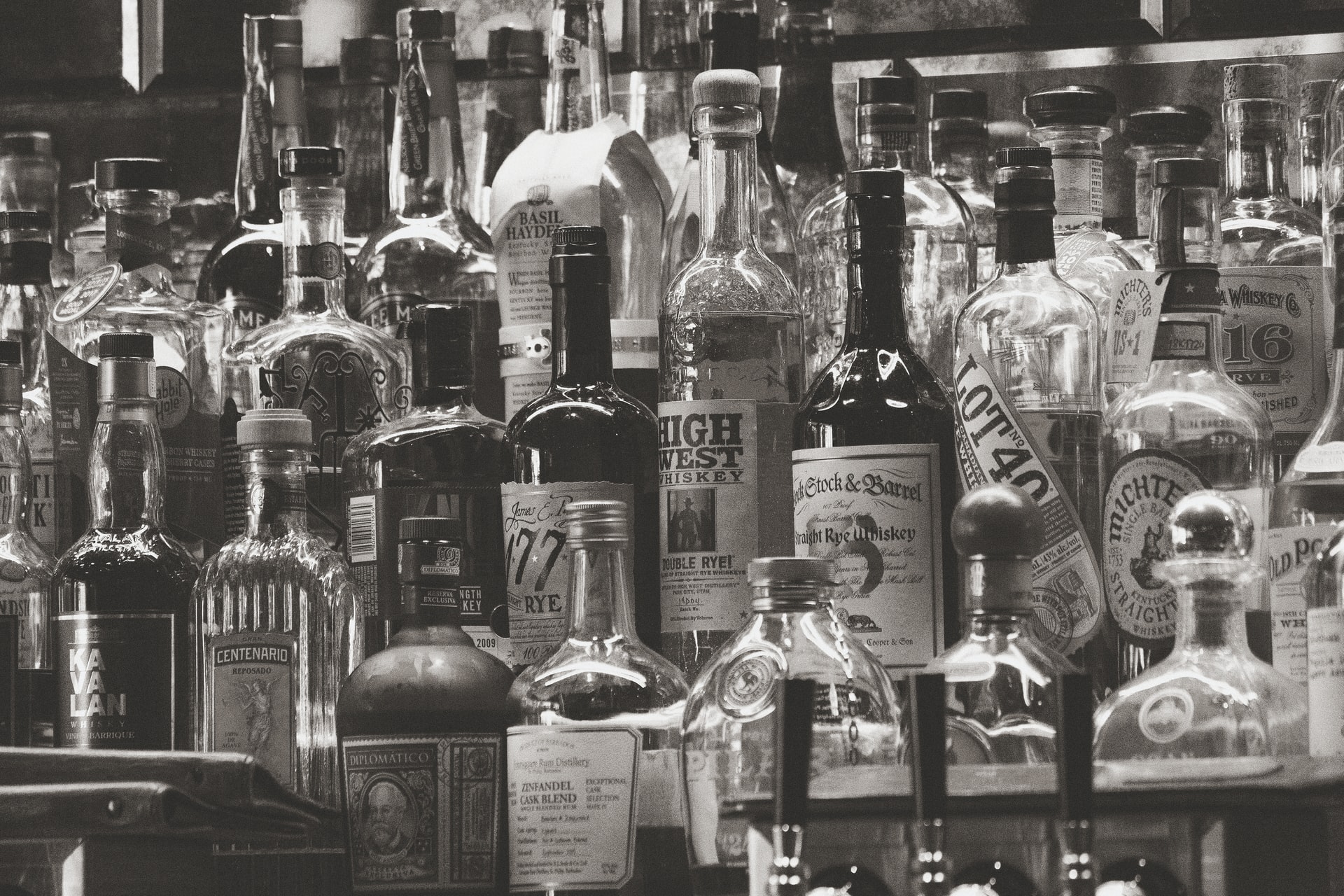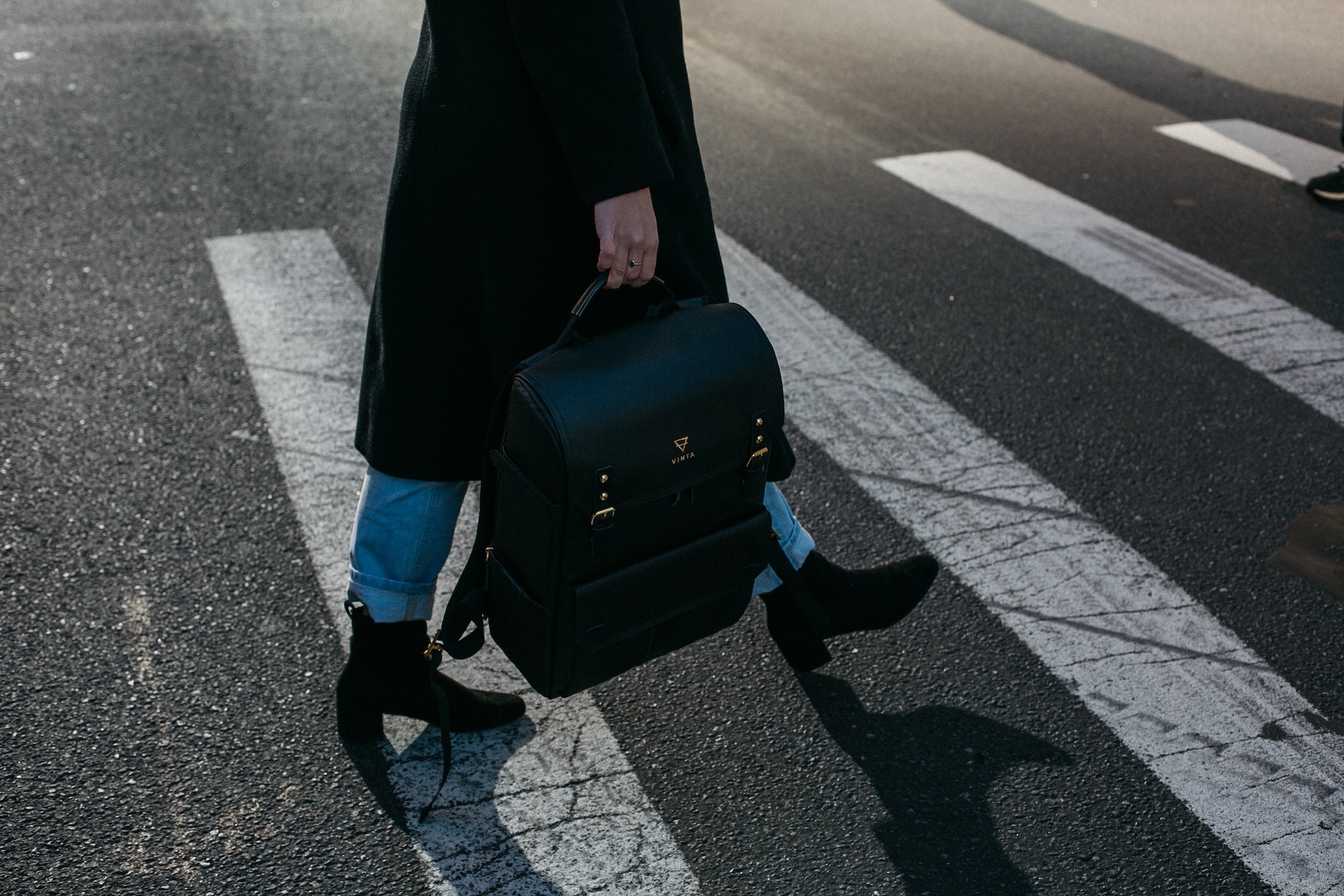To operate any business that involves alcohol in the United States, you must have the appropriate liquor license.
US liquor laws are set at the federal level but are interpreted and administered by each individual state which means there are variations at state level. Each state has an Alcohol Beverage Control Board (ABC) that adopts, interprets and regulate the laws and also issues the liquor licenses.
You need to apply to the appropriate ABC for the appropriate liquor license for your business.
Types of Licenses
Although the application of the law may vary by state resulting in a number of various different licenses, there is a set of standard licenses of which there are two main categories – off-license and on license.
The two main types of license are based on where the customer drinks the alcohol.
Off-license – this license is issued to a business where alcohol is sold but not for consumption on the business’ premises. This might be a dedicated liquor store or a supermarket or local convenience store.
On-license – this type of liquor license is for any business that sells alcohol for consumption within the business operations. There are three main types of on-licenses.
Restaurant License – with this license a restaurant is allowed to sell all types of liquor but the liquor sales must not exceed a certain proportion of total sales. The ratio differs by state but mostly, liquor sales should be around 40% of total income. If you operate a BYOB (Bring Your Own Bottle) scheme in any form, you need to check the license you need with your local ABC.
Beer and Wine License – with this license, as its name clearly states, only wine and beer can be sold. All hard liquor is excluded.
Tavern License – this license is for any business where the main sales line is alcohol, namely pubs, bars, lounges etc.
How to Apply for a Liquor License in Your State
Regardless of variations in the interpretation and application of alcohol laws, the process is essentially the same. The website of your state ABC will provide all the information you need to apply for a liquor license.
First off, you have to be 21 to make a liquor license application (in any state).
Then you explain to the ABC the type of business you intend to open/operate, information like opening hours, whether you will manufacture alcohol in the establishment and any other pertinent information such as allowing BYOB. This will determine the license that the ABC will tell you that you need.
You should also note that some states have a limit on the number of licenses they issue so you can’t always assume that being granted a license is a given. You may be able to purchase an existing license from another business.
Another hurdle may be your chosen location. Your intended premises needs to be in a location where the sale of liquor is allowed. For example, some states do not allow premises serving alcohol near to schools.
You then need to submit an application. Every application will need to be accompanied by requested supporting documentation that includes any combination of the following (depending on your state and the type of license)
Personal information
- Identification
- Social security number
- Employee identification number
Other Information
• Any other licenses or certificates
- Business license
- Sales tax permit
- Building permit
- Zoning permit
- Health permit
• Business specific information
- Incorporation certificate
- Partnership agreement
- Company constitution
It can take up to six months for your license to be approved and once granted lasts between one and three years. Also note, other businesses may object to your application.
How Much Does a Liquor License Cost?
The cost of a liquor license includes a processing fee (usually a few hundred dollars) and the license fee. Again it varies by state but a license can cost anywhere from $3,000 to $14,000. So the answer to the question of how much is a liquor license in Florida is going to be different to the answer for any other state. Buying an existing license is also usually more expensive than being issued a brand new license.
Renewal fees also vary – they can be significantly cheaper in some states while in others there’s little difference between fees for a new application and a renewal.
You may also have had to pay for any of the permits listed above. All these costs as well as allowing sufficient time for the liquor license application need to be built into your business
















